 https://steponecharity.co.uk/wp-content/uploads/2025/09/Website-News-Headers-2024-1.png
355
700
Isaac Mann
https://steponecharity.co.uk/wp-content/uploads/2024/02/step-one-wellbeing.svg
Isaac Mann2025-09-12 09:52:112025-09-12 09:52:11Walking for a Cause: The Journey Behind the 300,000 Steps
https://steponecharity.co.uk/wp-content/uploads/2025/09/Website-News-Headers-2024-1.png
355
700
Isaac Mann
https://steponecharity.co.uk/wp-content/uploads/2024/02/step-one-wellbeing.svg
Isaac Mann2025-09-12 09:52:112025-09-12 09:52:11Walking for a Cause: The Journey Behind the 300,000 StepsIntroducing Lindsay Jones, one of the newest additions to the Step One Charity team in Devon. With over 30 years of experience in the field of mental health, Lindsay’s impressive career has covered various sectors, including community, inpatient, and forensic settings. Here we dive into a Q&A session with Lindsay to learn about her role as a psychologist at Step One Charity.
Can you tell us a little bit about yourself and your background in psychology?
I’ve been working in mental health for 30 years this year, mostly in the NHS. I am lucky to have a wide-ranging career spanning a variety of services including community, inpatient and forensic settings. I have also trained in a number of different psychological therapy approaches. As my career has developed, I have increasingly worked in leadership roles and am particularly interested in team functioning and compassionate leadership approaches. In my spare time I enjoy walking in the countryside, paddle-boarding, reading and yoga.
What motivated you to join Step One Charity’s mission to support mental health in Devon?
A couple of years ago I worked at Cypress Hospital as part of a service level agreement with Devon Partnership Trust, with whom I was employed. I greatly enjoyed working there and was struck by the positive culture and committed staff team and have always wanted to return to Step One. When this post came up, I was delighted to apply and to have the opportunity to use my psychological skills and experience across the organisation as a whole, with whom I have shared values. In particular, after many years of working in the NHS I wanted the opportunity to work in the third sector which I think provides a greater opportunity for holistic, innovative approaches that can be more agile in developing and delivering services, resulting in more responsive services for people in Devon.
Can you tell us a little bit about your role with us at Step One Charity and how it will enhance the mental health support provided?
An initial priority is to work with Cypress Hospital to support with the transition to being the intensive inpatient rehabilitation service for people with complex psychosis in South and West Devon, working closely with Devon Partnership Trust. More broadly, my role is to support Step One as a whole to continue to become increasingly trauma and psychologically informed. Over time, we also hope to develop additional services, such as counselling and psychological therapy services, to meet gaps in mental health support in Devon. I am also a resource for supervision and consultation, and am looking at developing training in various aspects of psychologically informed care for colleagues across Step One.
As a new addition to Step One, what aspects of mental health are you most passionate about addressing?
Mental health is important to everyone in society. I would like to help address stigma and pay attention to the root causes and prevention of mental health difficulties. I would like to increase access for people to psychological therapies, particularly for people who may find therapy hard to access currently. I am particularly passionate about developing trauma informed services and compassionate cultures, that impact positively on the services we deliver, the staff in the organisation and the people we serve.
What are some common misconceptions about mental health?
Fortunately, stigma is reducing and there is a greater understanding of mental health over recent years, however there is more work to do. Some people still believe that mental health difficulties are associated with violence, whereas in fact people with mental health difficulties are more likely to be victims of violence. An area of interest for me is the view that mental health is “all in the mind”. We are going through a paradigm shift in our understanding of the connection between the mind and the body and this is leading to an opening up of possibilities for preventing and treating mental health difficulties. For example, movement, sleep and nutrition are all important for good mental health, and activities such as exercise, yoga and tai chi are all beneficial for mental health.
What advice would you give to someone who is struggling with mental health?
Everyone’s situation is different, so it is useful to sit down with someone to think about the causes of your difficulties and what is likely to help for you. Remember that it is not your fault, we are “wired” to experience difficult emotions and the stresses of modern life can cause us to struggle. In general, research has shown that there are some common factors that support mental health including movement, connection with others, connection with nature, accessing practical support for problems that can impact on mental health such as managing debt. If you are in immediate crisis or you have increasing thoughts that your life is not worth living, please speak to your GP, the First Response service, or a helpline for support and signposting to specialist mental health services.
If you need help now, please click the link below to explore options.
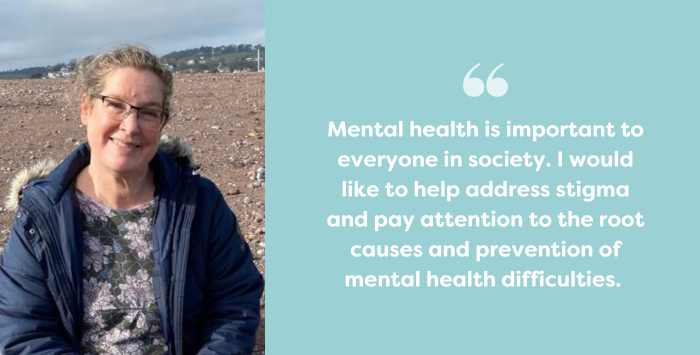
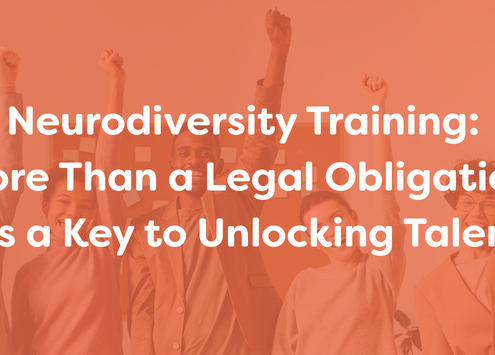
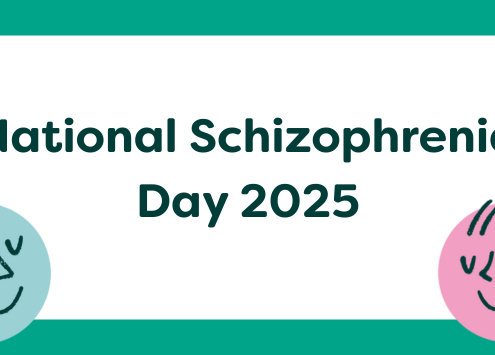
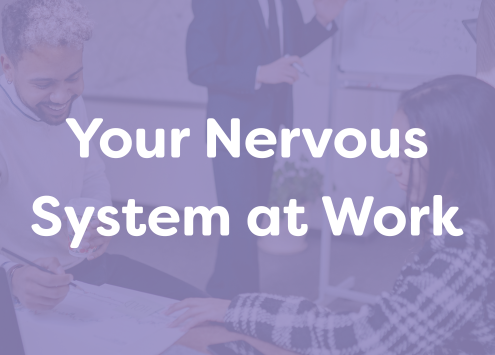
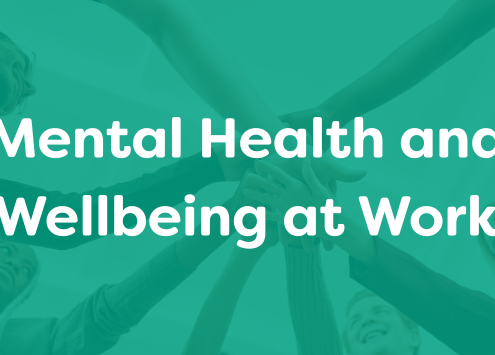
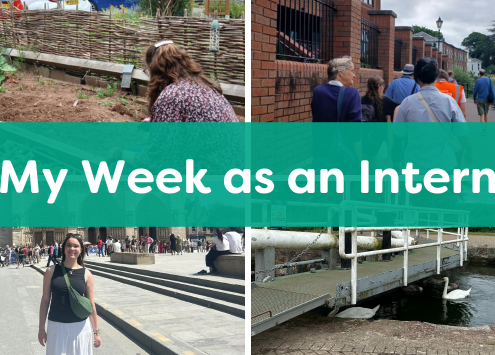
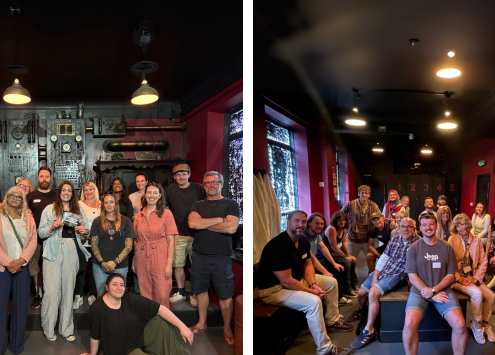
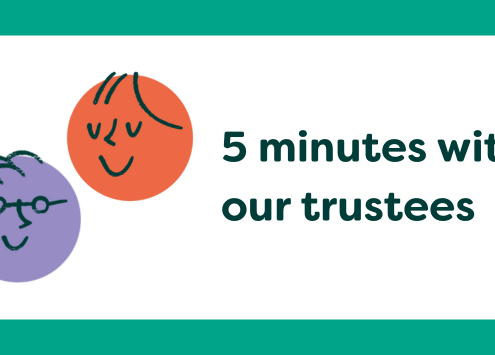
![Graphic with quote reading: “You met me at one of the most difficult times and seeing the difference you’ve made is amazing [...] Please keep doing what you do. You change lives.”](https://steponecharity.co.uk/wp-content/uploads/2025/04/Website-News-Headers-2024-33-495x355.png)

